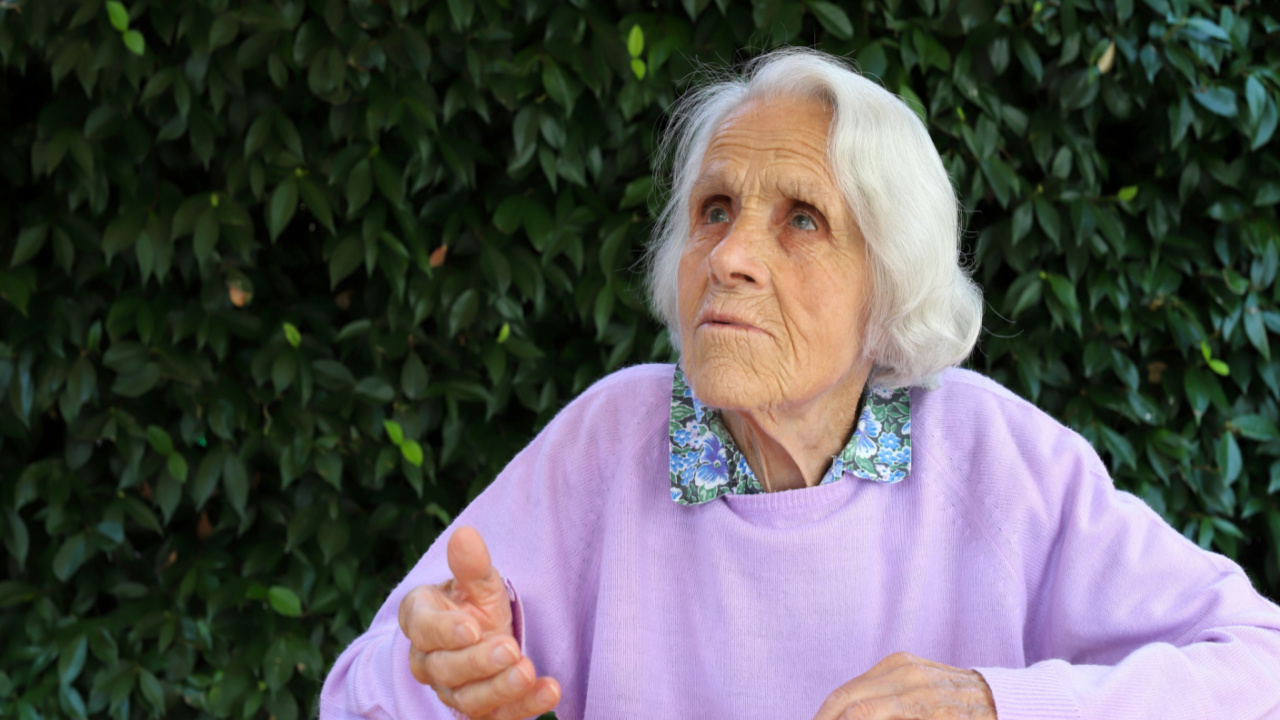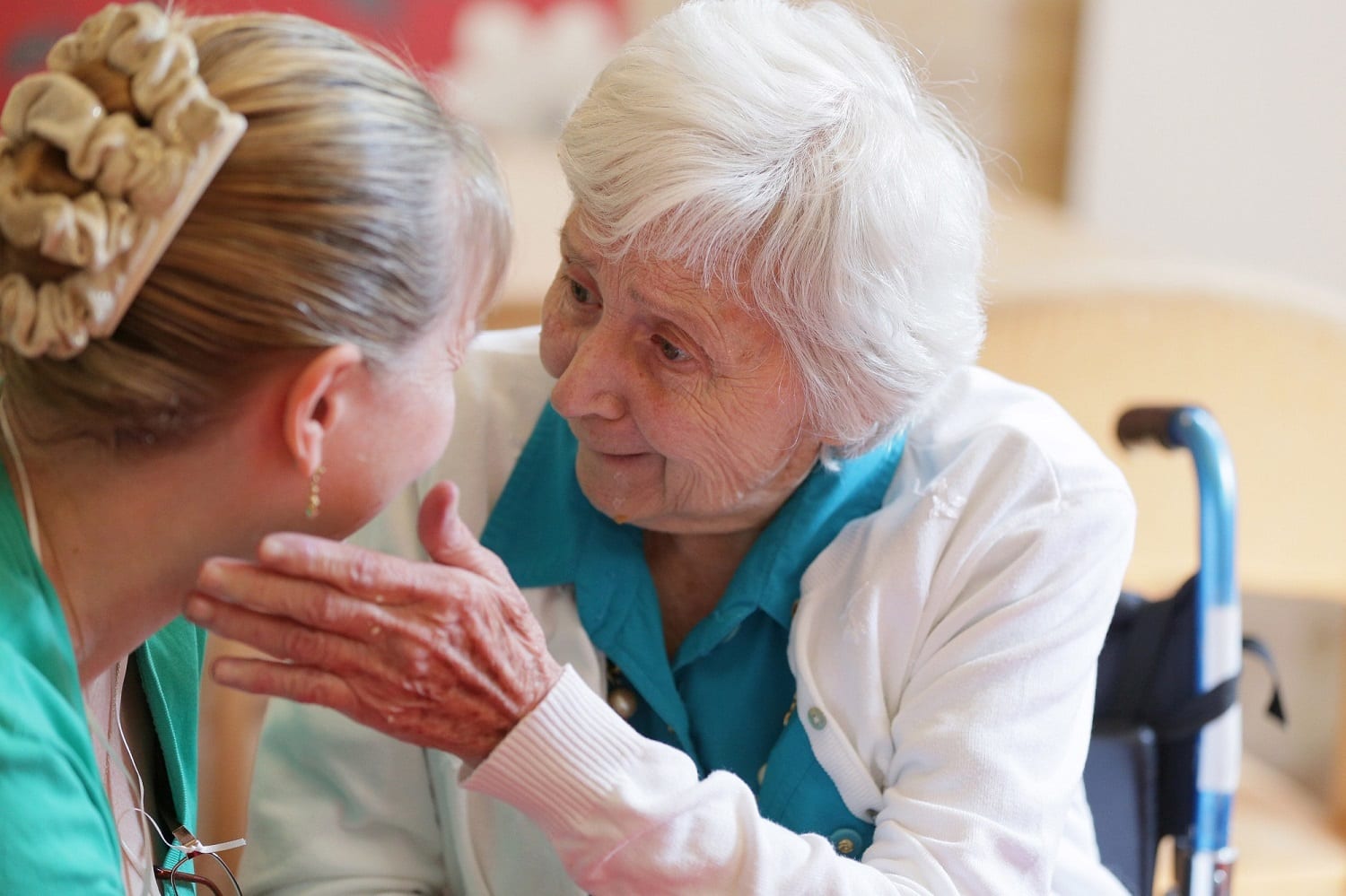Awe-Inspiring Examples Of Tips About How To Handle Dementia Patients

You may feel cut off from friends and family who aren’t able to fully understand what you’re going through.
How to handle dementia patients. The care professional also determines what the person is still able to do. You may retreat into your shell for fear of being a burden to others. Reading about changes in communication skills that can happen with alzheimer's.
It’s packed with information and advice. We have consulted with many carers, who have told us about the reality of supporting someone with dementia. Manage your medications with a weekly pillbox, a pillbox with reminders (like an alarm), or a medication dispenser.
Coping with a dementia diagnosis tip 1: How does dementia change a person's behaviour? Set up automated bill payments and consider asking someone you trust to help manage your finances.
Care at mayo clinic diagnosis to diagnose the cause of dementia, a health care professional must recognize the pattern of loss of skills and function. Ten tips for communicating with a person with dementia handling troubling behavior wandering incontinence agitation repetitive speech or actions (perseveration) paranoia sleeplessness/sundowning eating/nutrition bathing additional problem areas introduction caring for a loved one with dementia poses many challenges for families and caregivers. Incorporate music into your loved one’s daily routine.
Notice the first signs of agitation. Family and carers should be included in. Eating a varied and nutritious diet exercising regularly spending time with friends and other family members keeping legal, medical, and financial information up to date making a list of emergency contacts in case.
See beyond the disease “much of what we understand about dementia is focused on what’s wrong, what’s not working, what declines and deficits people experience,” says angela lunde , m.a., an investigator. They are as follows: More recently, biomarkers have become available to make a more accurate diagnosis of alzheimer's disease.
Some dementia patients have difficulty getting or staying asleep because they aren’t responding to day and night transitions. Add massage and touch therapy, or just provide a calming hand massage. Practical tips for supporting someone with memory loss.
This can minimize the risk of throwing off a dementia’s patient’s biological clock. Due to declines, older adults with dementia can seem like children. Keeping an active social life, regular exercise, and continuing activities the person enjoys, or finding new ones, can help to reduce behaviours that are out of character.
Receiving a dementia diagnosis can leave you feeling isolated and alone. We can use a range of strategies to help manage behavioural and psychological symptoms of dementia (bpsd). Rather, your role initially may be to help them come to terms with their diagnosis, plan for the future, and stay as active, healthy, and engaged as possible.
But people are generally more patient with children. Many dementia patients have abnormal sleep patterns, making them tired during the day and restless at night. Practical strategies for better communication include:


















